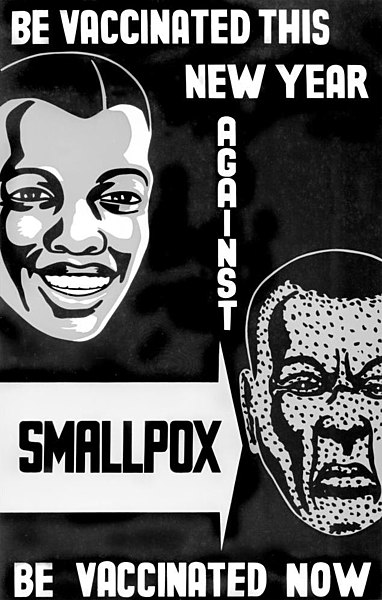Infinite photos and videos for every Wiki article ·
Find something interesting to watch in seconds
Countries of the World
Celebrities
Orders and Medals
Tallest Buildings
History by Country
Ancient Marvels
Best Campuses
Richest US Counties
Kings of France
Crown Jewels
Animals
Recovered Treasures
Supercars
Sports
Rare Coins
Great Artists
Wars and Battles
Largest Palaces
Great Cities
Great Museums
Largest Empires
British Monarchs
Presidents
Wonders of Nature
Famous Castles
World Banknotes
more top lists






